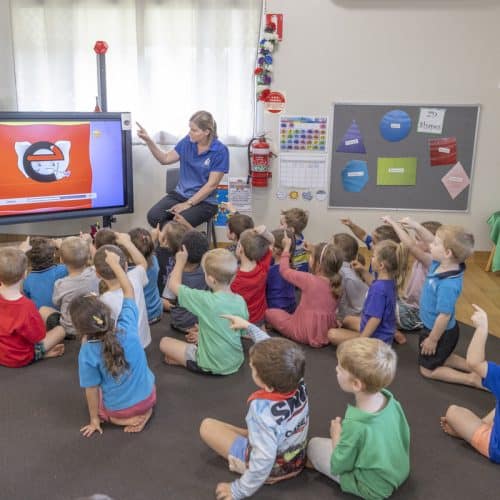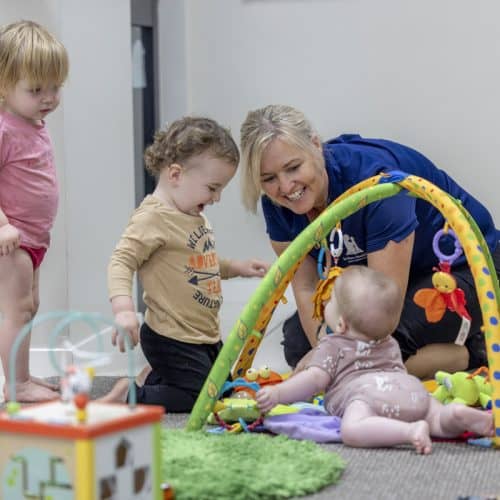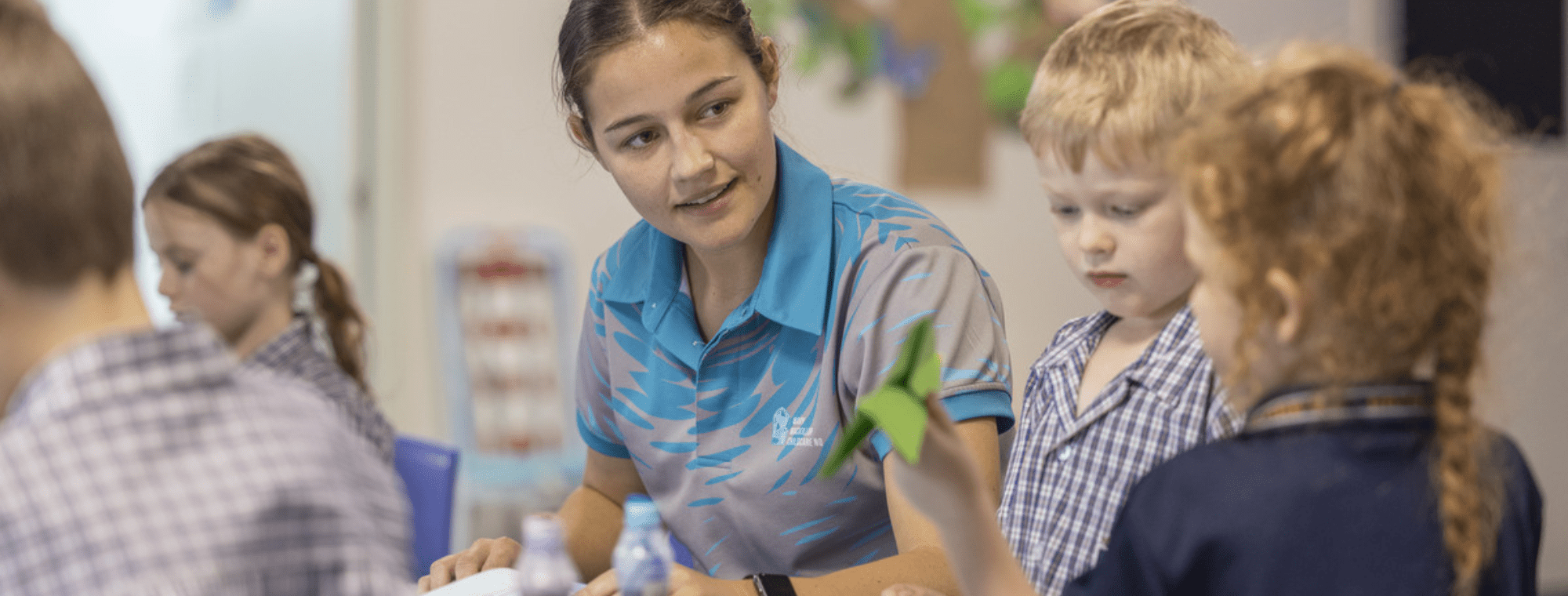Research shows relationships are central to children developing acceptance, self-esteem and higher functioning thinking skills that contribute to positive learning and life outcomes.
The National Quality Standard (NQS) sets a high national benchmark for early childhood education care and outside school hours care services in Australia. The NQS includes 7 quality areas that are important outcomes for children. Quality Area 5 of the NQS focuses on educators developing responsive, warm, trusting and respectful relationships with children that promote their wellbeing, self-esteem, sense of security and belonging. All children need a sense of connection with others to support the development of their identity, social, and emotional competence.


Relationships are the key to everything. The most important factor for children to build stronger relationships is connection and empathy. Relationships create a sense of belonging and connection to the world around us; it creates feelings of being known, acknowledged and valued. When children and their families have consistent early childhood educators within their care environments, they assist with these important connections and relationships. Educators build a sense of trust and security, and they are skilled at being responsive to a child’s strengths, abilities and interests.
MMCNQ Service Leaders, Kindergarten Teachers and Educators regularly participate in personal development opportunities and recently our teachers had the great privilege of joining a live Zoom Presentation and Q&A with Dr Kaylene Henderson. During this session, we had discussions around The Circle Of Security, Connection and Empathy.
Dr Kaylene spoke of the importance of having connected and collaborative relationships with children and their families. It’s important for us to build a relationship so that we are on the same team and share ideas and strategies with each other. Together we can support your child through co-regulation. This is where the Circle of Security comes into play. When we attend to a child’s needs, we are creating a ‘secure base’ which the child can explore from and this creates a ‘safe haven’ that they can return to. During the exploration stage the focus is around watching over the child, delighting in them, enjoying and supporting them; this is when the learning happens for a child. When children become tired, upset, scared or their ‘emotional cup is empty’, they have a new set of needs. During this welcoming stage, the focus is on protecting the child and supporting them to organise their feelings.
Within MMCNQ we place high importance on relationships with the children in our service as well as the acceptance and inclusion of their whole family. We are very privileged to have long-standing and dedicated educators throughout all our services and we value each and every one of them.





